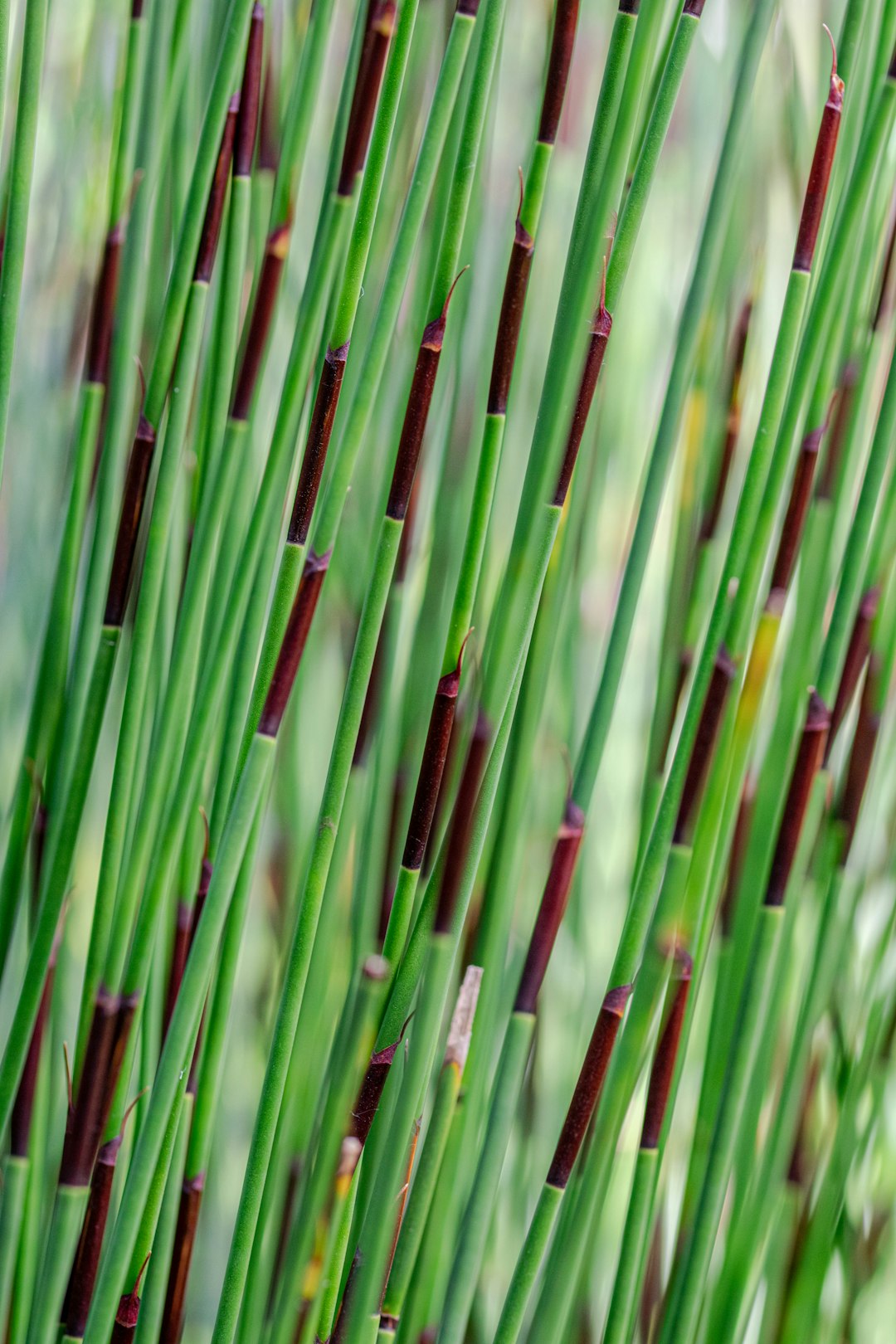The Secret to a Fresh - Smelling Yard Compost

Composting is an excellent way to recycle organic materials and create nutrient - rich soil for your yard. However, one of the most common issues that gardeners face is when their compost starts to stink. A foul - smelling compost not only makes the gardening experience unpleasant but can also indicate that something is wrong with the composting process. In this article, we'll explore the reasons behind a stinky compost and how to make it smell better.
First, let's understand the basic principles of composting. Composting is a natural process where microorganisms break down organic matter into a dark, crumbly substance called humus. For this process to work efficiently, the compost pile needs the right balance of carbon, nitrogen, oxygen, and water. When this balance is disrupted, it can lead to the production of unpleasant odors.
One of the main reasons for a stinky compost is an imbalance in the carbon - to - nitrogen ratio. A compost pile should ideally have a carbon - to - nitrogen ratio of about 30:1. If there is too much nitrogen in the pile, it can cause the compost to become anaerobic, meaning there is not enough oxygen. Anaerobic decomposition produces foul - smelling gases such as hydrogen sulfide, which has a distinct rotten - egg smell. High - nitrogen materials include grass clippings, food scraps, and manure. To fix this issue, you can add more carbon - rich materials to the pile. Carbon - rich materials, also known as browns, include dry leaves, straw, and shredded newspaper. By adding more browns, you can help restore the proper carbon - to - nitrogen ratio and improve the oxygen flow in the compost.
Another common cause of a smelly compost is poor aeration. Oxygen is essential for the aerobic decomposition process, which is the most efficient way to break down organic matter. If the compost pile is too compacted, it can prevent oxygen from reaching the microorganisms. This can lead to anaerobic conditions and the production of bad smells. To improve aeration, you can turn the compost pile regularly using a pitchfork or a compost turner. Turning the pile helps to mix the materials, introduce oxygen, and distribute heat evenly throughout the pile. Aim to turn the pile at least once a week, especially during the active decomposition phase.
Over - watering is also a culprit when it comes to a stinky compost. Excess water can fill the air spaces in the compost pile, reducing the amount of oxygen available for the microorganisms. This can create anaerobic conditions and cause the compost to smell. To prevent over - watering, make sure your compost pile has proper drainage. You can use a raised compost bin or add a layer of gravel at the bottom of the bin to help with drainage. Additionally, monitor the moisture level of the compost regularly. The compost should be moist, like a wrung - out sponge. If it's too wet, you can add more dry materials to absorb the excess moisture.
Sometimes, the type of materials you add to the compost pile can also contribute to the smell. Certain types of food scraps, such as meat, dairy products, and oily foods, should be avoided in a compost pile. These materials can attract pests and take longer to decompose, and they can also produce strong odors. Stick to adding plant - based materials, such as fruits, vegetables, and yard waste, to your compost pile.
In conclusion, a stinky compost is not a hopeless situation. By understanding the causes of the odor and taking the appropriate steps to correct them, you can transform your smelly compost into a healthy, productive one. Maintaining the right carbon - to - nitrogen ratio, ensuring proper aeration, controlling the moisture level, and being careful about the materials you add to the pile are all key factors in creating a fresh - smelling compost. With a little effort and attention, you can enjoy the benefits of a well - functioning compost pile and have nutrient - rich soil for your yard.